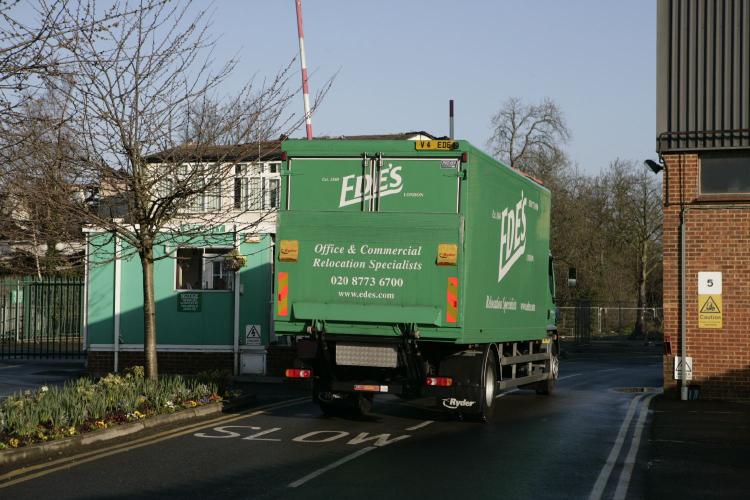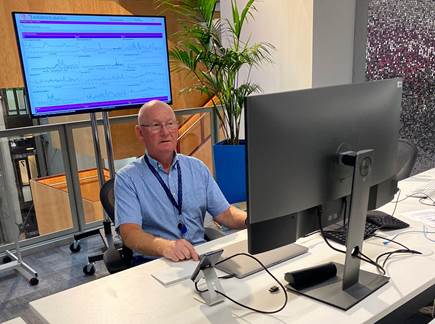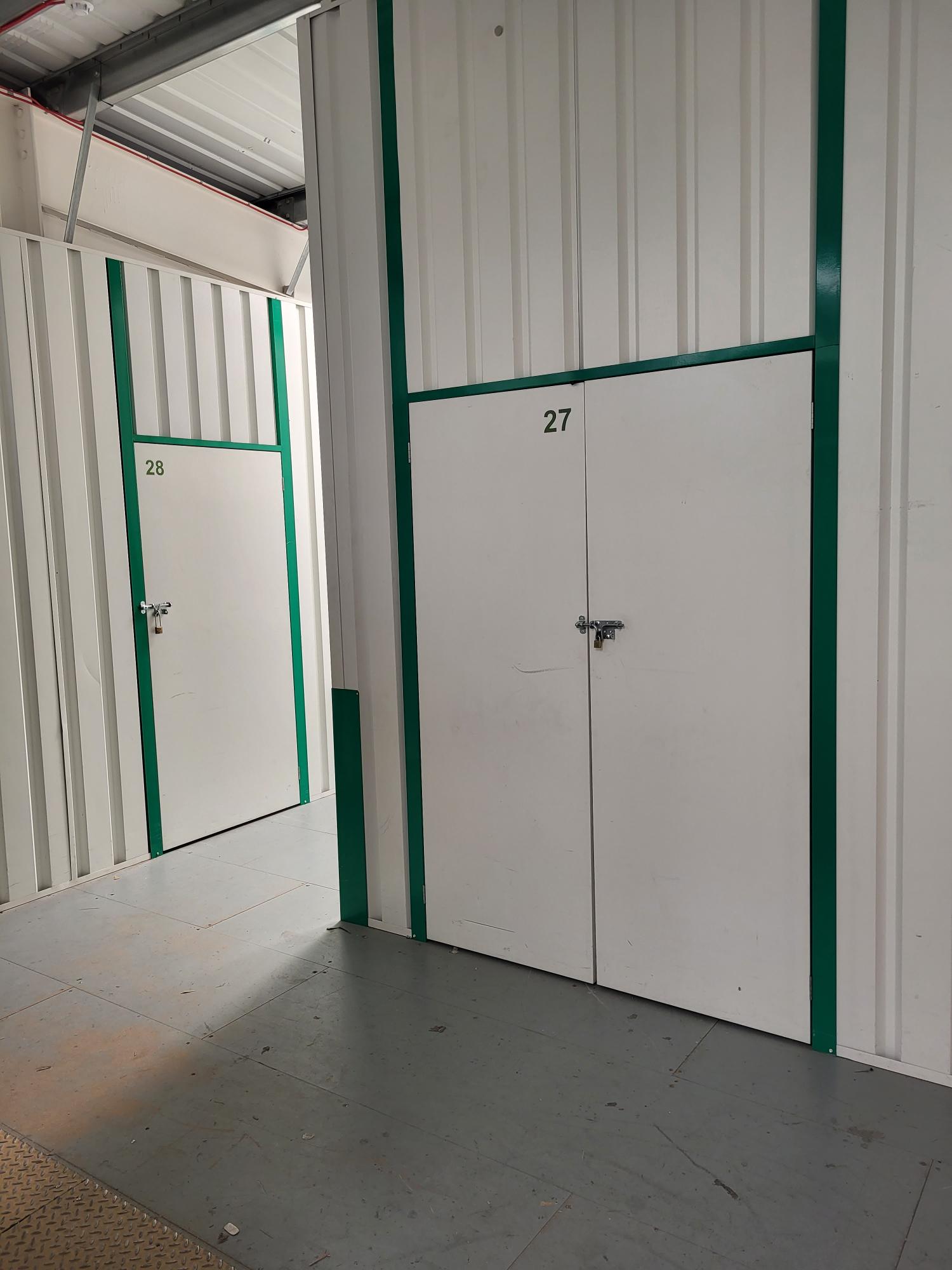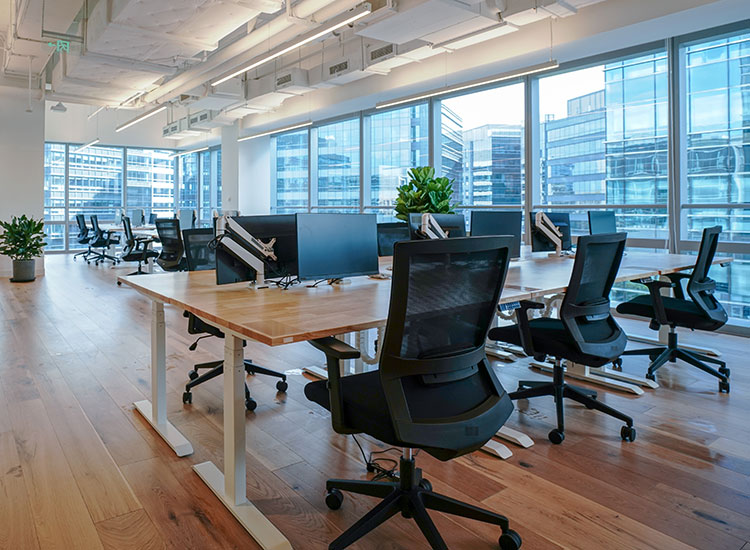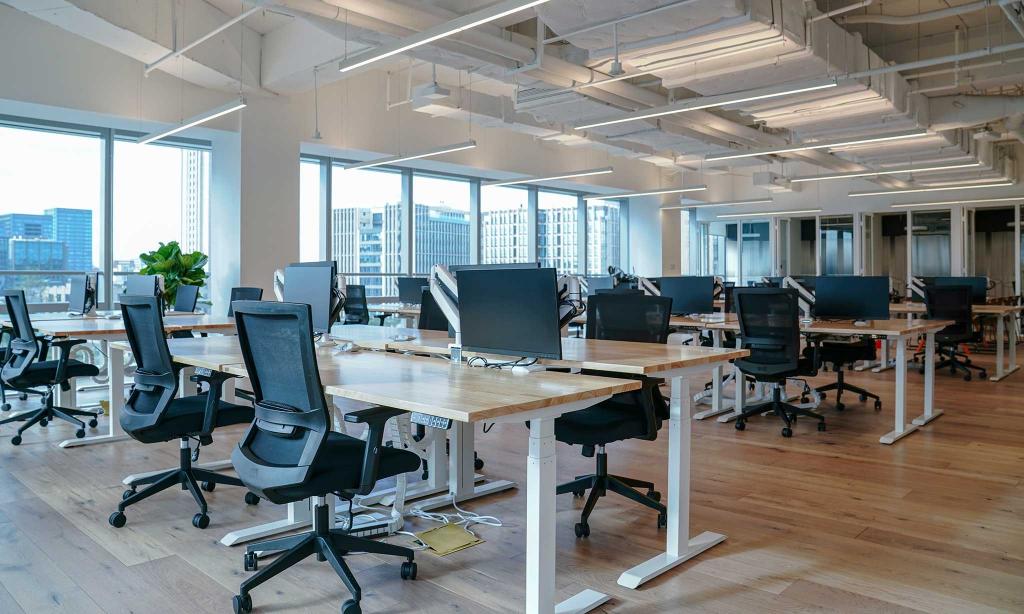Moving an office or business can be a daunting task that requires careful planning and execution. Moving to a new location can be an exciting opportunity for a business to grow and expand, but it also comes with various challenges. It is essential to consider several factors to ensure a seamless transition and minimise disruption to the business’s operations. This article discusses seven essential things to consider when moving a business.
Location and Accessibility
The location of an office is a crucial factor to consider when relocating. A business needs to select a site that is easily accessible to clients, employees, and suppliers. A central location with good transport links, such as proximity to a train station or bus stop, can make it easier for employees to commute to work. It can also make it easier for clients and suppliers to visit the office. Additionally, it is essential to consider the availability of parking spaces for employees and visitors to the office.
Budget and Costs
Relocating an office can be an expensive process. It is essential to have a realistic budget that covers all the costs associated with the move. The budget should include expenses such as rent, moving costs, utility bills, and any other expenses related to the new office location. It is crucial to work with a professional moving company that can provide an accurate quote for the move. This can help to avoid any unexpected costs and ensure that the move is within the budget.
Space and Layout
When moving an office, the space and layout of the new office are essential considerations. A business needs to ensure that the new office has enough space to accommodate all employees and equipment. It is also important to consider the layout of the office and how it will impact the business’s operations. For example, an open-plan office may be suitable for a business that encourages collaboration and communication between employees. On the other hand, a traditional layout with separate offices may be more suitable for a business that requires privacy and confidentiality.
IT Infrastructure
In today’s digital age, IT infrastructure is an essential consideration when relocating an office. A business needs to ensure that the new office has the necessary IT infrastructure to support its operations. This includes high-speed internet connectivity, Wi-Fi, and telephone connections. It is also important to consider the security of the IT infrastructure and ensure that it is protected against cyber threats.
Furniture and Equipment
Furniture and equipment are essential considerations when relocating an office. A business needs to ensure that the new office has enough furniture and equipment to support its operations. This includes desks, chairs, filing cabinets, and other equipment such as printers and scanners. It is also important to consider the condition of the furniture and equipment and whether it needs to be replaced or refurbished.
Staffing and Recruitment
Relocating an office can also impact the staffing of a business. A business needs to consider how the move will affect its current employees and whether they are willing to relocate. It is also important to consider the availability of skilled workers in the new location and whether the business needs to recruit new staff. Recruitment can be a time-consuming process, and it is essential to consider this when planning the move.
Legal and Regulatory Requirements
Finally, legal and regulatory requirements are essential considerations when relocating an office. A business needs to ensure that it complies with all legal and regulatory requirements in the new location. This includes obtaining the necessary permits and licenses to operate in the new location. It is also important to consider any tax implications of the move and how it will impact the business’s finances.
Conclusion
Moving a business can be a challenging process, but it can also be an exciting opportunity for a business to grow and expand. It is essential to consider several factors when planning the move to ensure a seamless transition and minimise disruption to the business’s operations. The seven essential things to consider when moving an office include location and accessibility, budget and costs, space and layout, IT infrastructure, furniture and equipment, staffing and recruitment, and legal and regulatory requirements. By considering these factors, businesses can ensure a successful and stress-free relocation.
Looking for a reliable and stress-free office removals services in London? Look no further than Ede’s – the complete relocation, document archive, business storage and IT services company. Trust our expertise and experience to deliver your move efficiently, professionally and on budget.
Ede’s specialise in moving businesses including shops, warehouses, and office moves.



